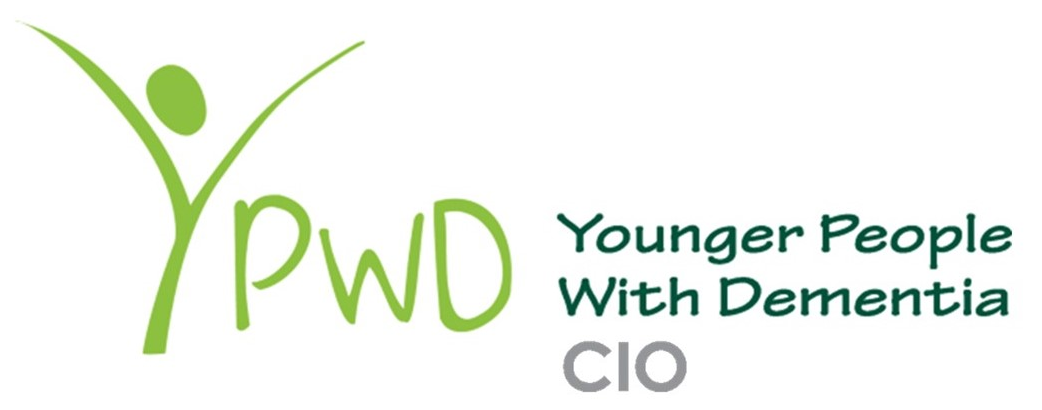Research
Research into young onset dementia is important for all of our staff, service users and their carers. We are not able to undertake research with our own resources but we do participate in a number of ways.
Contributing to Projects
We are happy to hear about all research projects relating to young onset dementia. We consider all requests to contribute carefully. If you have a project that you think we can contribute to then please contact us.
Our Library
Many of our friends, volunteers and Trustees are highly respected health and social care professionals and researchers. In their everyday work they come across research and articles from around the world that provide interesting insight into the condition. We are asking them to collate this information so that we can provide a meaningful library of links to related study.
- Needs-appropriate services for people with young onset dementia: The perspectives of healthcare professionals
Young onset dementia has become a growing challenge in national healthcare systems. Concerns about the situation have already been expressed; however, they mostly report the views of services end-users. Aimed at finding out useful further improvement, interviews documenting the working experiences of professionals addressing healthcare services to people with young onset dementia (YOD) were analysed qualitatively.
- Understanding the financial impact of a diagnosis of young onset dementia on individuals and families in the United Kingdom: Results of an online survey
Although literature on postdiagnostic support for people affected by young onset dementia acknowledges financial concerns, this topic has remained underresearched. The aim of this study was to explore the financial impact of a diagnosis of young onset dementia on individuals and families.
- “I’m struggling but I’m not suffering”
This thesis is an exploration of the experiences of persons with YOD of accessing care in Ireland, and their lived experience of life with YOD.
- NIHR Alert: Most people caring for relatives with dementia experience loneliness
Around two-thirds of family carers of people with dementia experience loneliness. Almost half are moderately lonely and a fifth are severely lonely, reports one of the first large scale studies to look at this issue.
Carers who felt lonely tended to have lower wellbeing, smaller social networks, and more stress associated with caregiving. A poor-quality relationship with the person with dementia was also linked to higher levels of loneliness.
Interventions to identify, prevent and reduce carer stress, and to improve the quality of carers’ interpersonal relationships, may help reduce loneliness. This may be particularly important while lockdown and social distancing measures are in place because of COVID-19. - NIHR Alert: Loneliness in people with dementia is linked to social isolation and depression
One-third of people with mild-to-moderate dementia experience loneliness. 30% are moderately lonely and 5% are severely lonely, reports one of the first major studies to look at the issue. These figures are comparable to the general population of older people.
People with dementia who live alone, and who experience social isolation, depression and lower quality of life are more likely to feel lonely. But researchers found no association between loneliness and dementia-specific factors.
Interventions that help people tackle depression and build more supportive relationships may help reduce loneliness. - Receiving a diagnosis of young onset dementia: a scoping review of lived experiences
This review suggests that improving the recognition of presenting symptoms, reducing diagnostic errors, and identifying the emotional needs arising from diagnosis are required to improve the diagnostic experience for younger adults, and to promote future engagement with services.
- Modifiable risk factors for young onset dementia
Although young onset dementia (YOD) causes high levels of burden and distress, factors that contribute to its onset are not well understood. Identifying relevant modifiable risk and protective factors for YOD can inform efforts to prevent or delay onset of symptoms to later in life.
- Young onset dementia- bridging the diagnosis gap
Younger People with Dementia are incredibly proud to announce that Clinical Director, Dr Jacqui Hussey, has recently been published in the nationally circulated Journal of Dementia Care.
- 'This is Killing me Inside': The Impact of Having a Parent with Young-Onset Dementia
This study explored the experience of young adults having a parent with young-onset dementia. In-depth interviews were undertaken with five participants aged between 23 and 36 years of age and these were analysed using interpretative phenomenological analysis.
- Service provision for young-onset dementia in the UK
In this review article, Drs Rayment and Kuruvilla look at the problems faced by younger people with dementia, the current state of care delivery in the country for young-onset dementia (YOD), guidelines for service provision and they suggest what could improve the availability of specialised YOD services in the UK.
